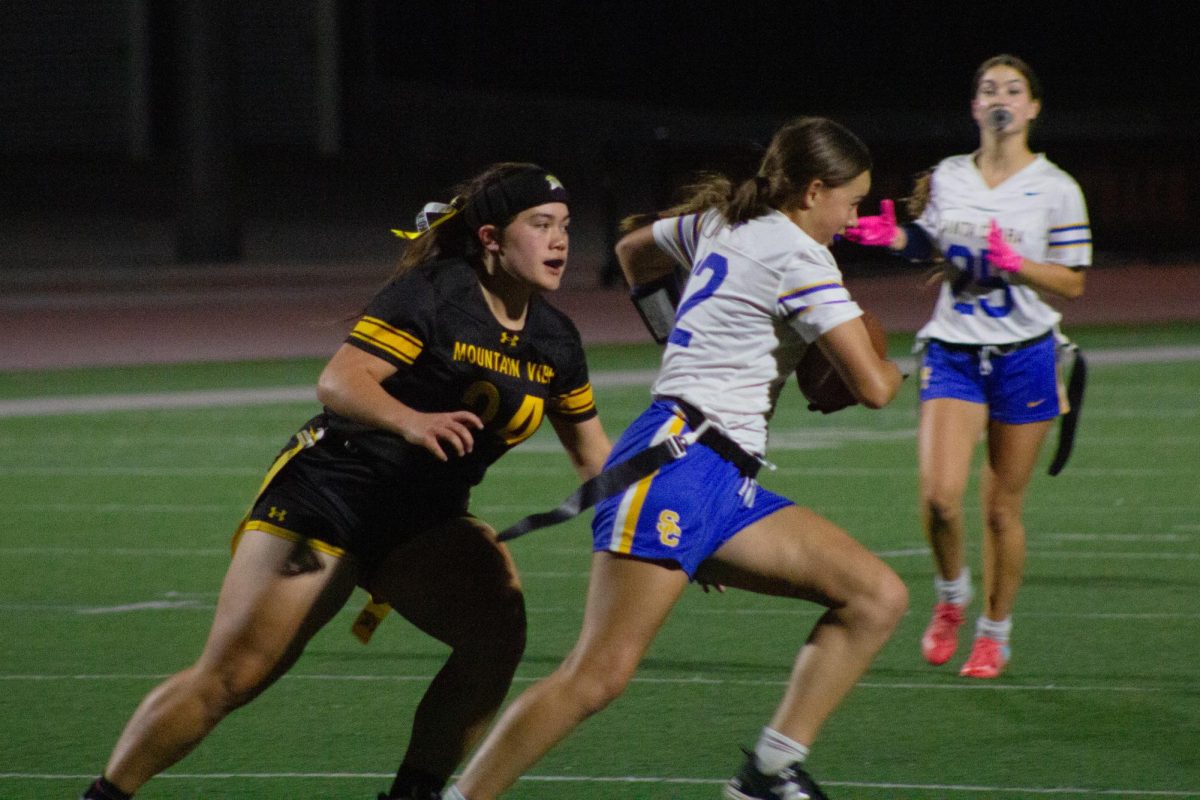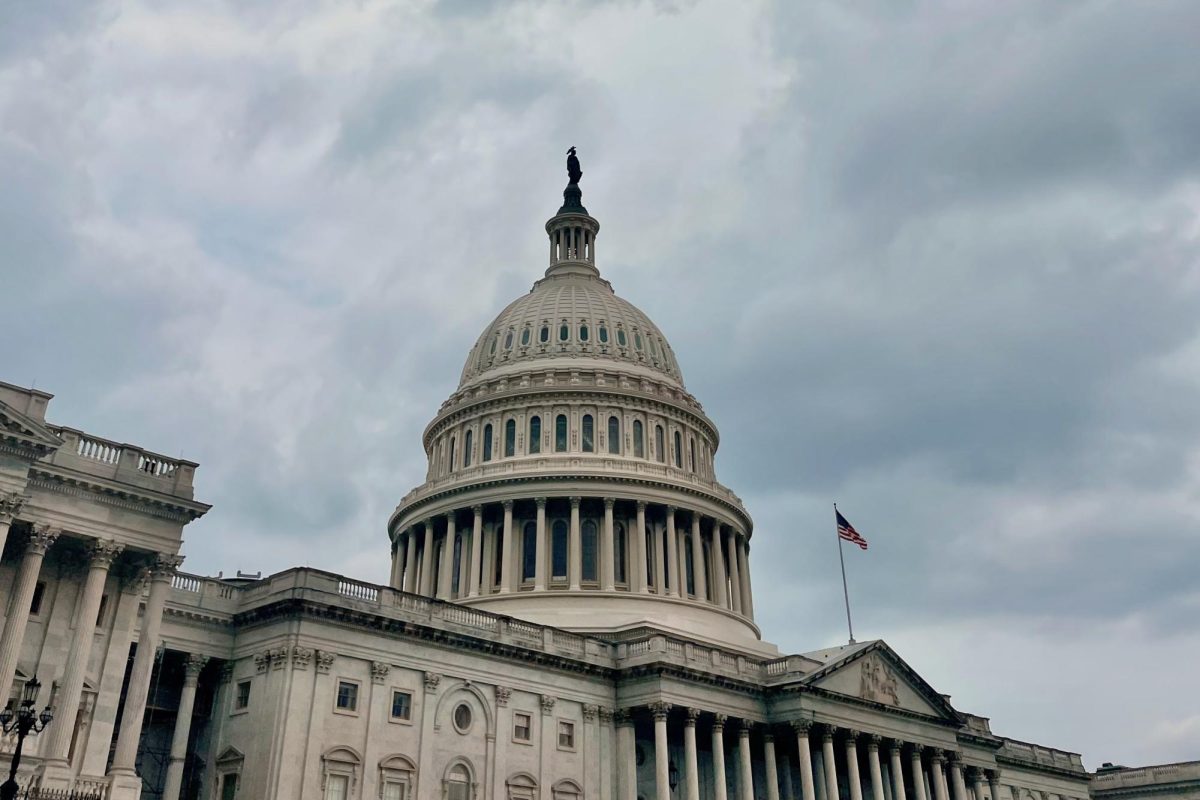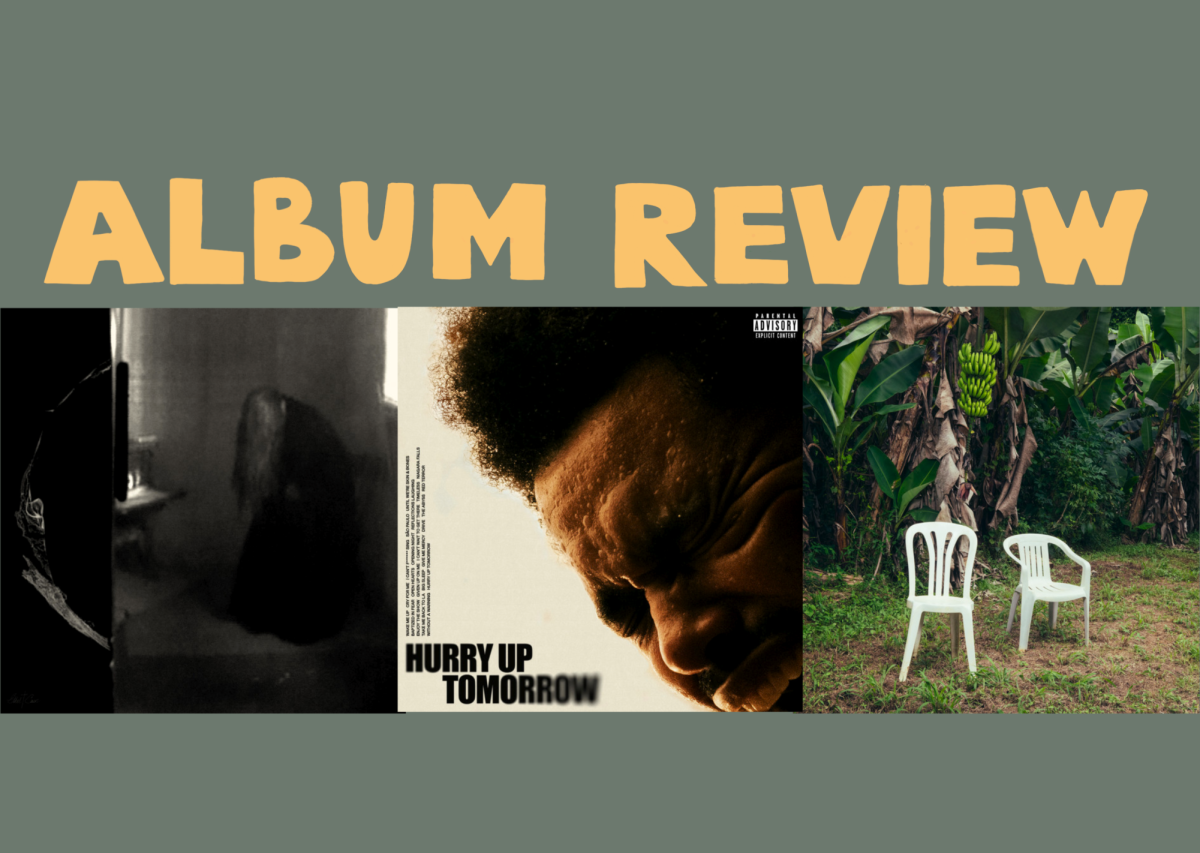*Disclaimer: This article expresses the opinion of the writer, not the opinion of the Oracle nor MVHS.
I’ve always been interested in politics. From watching Obama’s reelection in 2013 on television with my parents to lobbying congresspeople on Capitol Hill with the American Civil Liberties Union last summer, I’ve felt an intrinsic draw to the inner workings of our government and how public policy interacts with the people.
Engaging in discourse and conversation is perhaps one of the most important things one can do to remain civically engaged with their community and country. Yet, I’ve found that when I try to spark such discussion with fellow teenagers, I always hear one of two phrases: “I’m not that into politics” or “politics don’t really affect me.”
As we move into the beginning of a presidential administration that has historically shown little regard for existing frameworks of civil rights, equity, and justice, it is not enough for us to be complacent. As youth, we form the next generation of healthcare professionals, lawyers, artists, activists, and more. Our future and our rights are dependent on our ability to speak up against institutions and individuals that seek to repress us.
It is not enough for you to say that you’re just “not into politics.” As residents of the United States, we are given a privilege not afforded to many in other countries around the world: a voice in our laws, policies, and political leaders. We are able to vote, to petition, to assemble, and to advocate for our opinions and beliefs. To say that you aren’t interested in politics highlights a disregard for not only your future in this country, but the futures of those around you.
Living in a blue state, in a deep-blue county, it is true that we are often insulated from the partisan policies of past and future presidential administrations. In fact, Governor Gavin Newsom even held a special session to “safeguard” the state from President Trump last December. Growing up in the Bay Area has allowed me to see firsthand the protections that California provides us from various federal initiatives like abortion bans and harsh immigration policies. We are fortunate that the state we live in today values the preservation of our civil and human rights. However, for many of us — especially my fellow seniors — an out-of-state move is imminent.
On the first day of his presidency, Trump declared a national emergency at the U.S.-Mexico border, changed government forms to include only two genders, and effectively shut down various programs and policies aimed at targeting historical and systematic inequity. A government site that offered information to abortion access and reproductive care — reproductiverights.gov — launched under the Biden administration went dark the evening of Trump’s inauguration. These are but a few of the flurry of actions that undermine ideals of equality and justice that were implemented on day one. It is clear that the future of our rights as not only residents of this country, but as human beings, is uncertain.
Seniors, as we prepare to move to states across the country like Wisconsin, Florida, Texas, and others, we must consider the fact that we will not be afforded the same protections we are today. To that end, politics will affect us. All of us. If it isn’t clear that our nation’s political policies don’t already affect you, it will be. Abortion restrictions, book banning, educational gag orders, and other laws that restrict our rights are already enacted across many of the states that we’ve applied to college in. It’s not simply something we can ignore, but actions that will affect our everyday lives.
To say that politics don’t affect you is simply untrue. We, at MVHS and beyond, are a community made up of immigrants, teachers, journalists, people of color, women, and so much more. America’s politics and policies are now impacting us more than ever before. They affect our peers, family members, and mentors. They affect our present and future. They affect you.




































